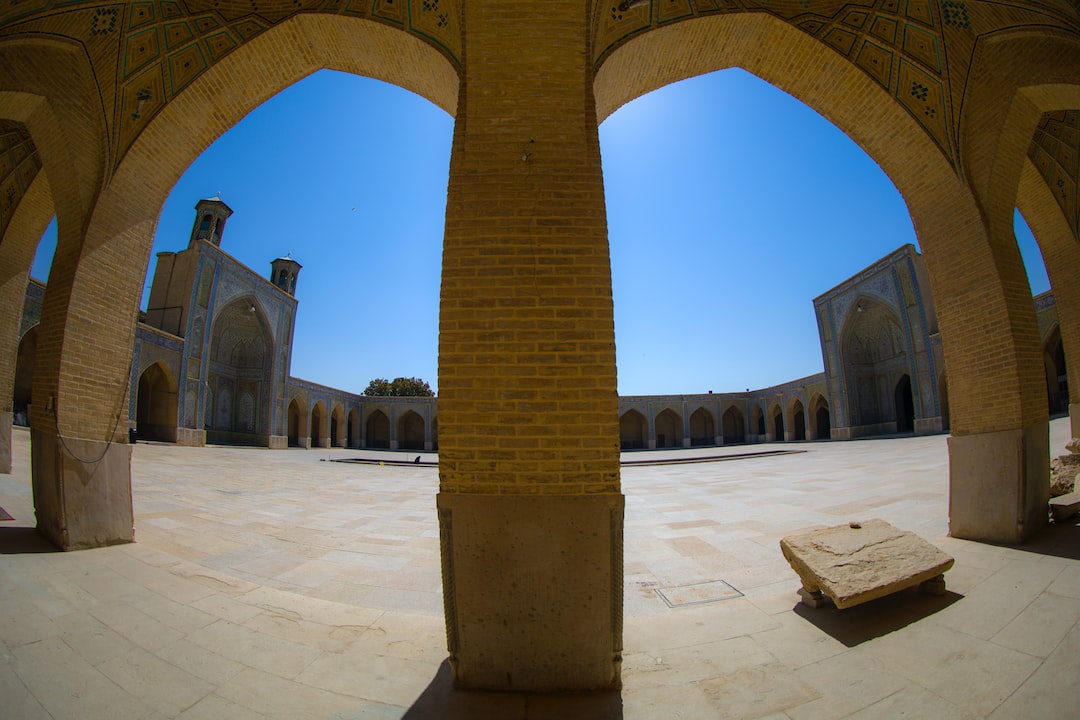Promoting Organic Farming Practices for a Healthy and Sustainable Africa
Organic farming is gaining significant momentum across Africa as more people realize its importance for a healthy and sustainable future. This farming practice involves growing crops without the use of synthetic fertilizers, pesticides, or genetically modified organisms. It places emphasis on environmentally friendly techniques that promote soil fertility, biodiversity, and the overall well-being of both farmers and consumers. To ensure the success of organic farming practices, it is crucial to educate, support, and empower African farmers to embrace this sustainable approach.
One way to promote organic farming in Africa is through education and training programs. By providing farmers with the necessary knowledge and tools to transition from conventional to organic farming methods, they can acquire the skills needed to implement sustainable practices. These programs can include workshops, seminars, and on-field demonstrations, where farmers can learn about organic fertilizers, natural pest control methods, and techniques to improve soil health. Empowering farmers with this knowledge will not only benefit their farms but also contribute to a healthier environment and improved food security.
Another effective method to encourage organic farming in Africa is by offering financial incentives and support systems. Governments, non-profit organizations, and private entities can provide grants, subsidies, and low-interest loans to farmers who wish to adopt organic practices. This financial assistance can be used to invest in organic seeds, composting facilities, and equipment necessary for organic farming. Furthermore, collaboration with local markets or an African Fashion Online Store In London UK can ensure fair pricing and market access for organic produce, creating a motivated market demand that motivates farmers to switch to organic farming methods.
Furthermore, promoting organic farming can go hand in hand with addressing the issue of food waste. In Africa, a significant amount of food is wasted due to inadequate storage techniques, transportation systems, and lack of market access. By implementing organic practices, farmers can reduce the use of harmful chemicals and synthetic fertilizers, leading to healthier, more resilient crops that are less prone to spoilage. Additionally, supporting farmers’ cooperatives or online stores can help create efficient distribution channels, connect farmers directly with consumers, and reduce food waste along the supply chain.
Ultimately, the promotion of organic farming in Africa can have numerous positive impacts. By adopting sustainable practices, farmers can improve soil fertility, preserve biodiversity, and safeguard the health of both consumers and farm workers. Organic farming also helps mitigate climate change by sequestering carbon in the soil and reducing greenhouse gas emissions. Additionally, supporting local farmers and businesses, such as an African fashion online store in London UK, can contribute to economic empowerment, job creation, and overall community development.
In conclusion, promoting organic farming practices in Africa is essential for a healthy and sustainable future. Through education, financial incentives, and integrated solutions, farmers can transition to organic practices and contribute to environmental conservation and improved food security. By collaborating with local markets, consumers can support organic farmers and small businesses, ensuring a brighter and more sustainable future for Africa.
************
Want to get more details?
Africulture Chronicles
https://www.africulturechronicles.com/
Welcome to Africulture Chronicles, your passport to the richness of Africa’s diverse landscapes, cultures, and styles. Founded with a deep love for the continent, we are more than just a travel and culture blog – we’re a gateway to the heart of Africa.


